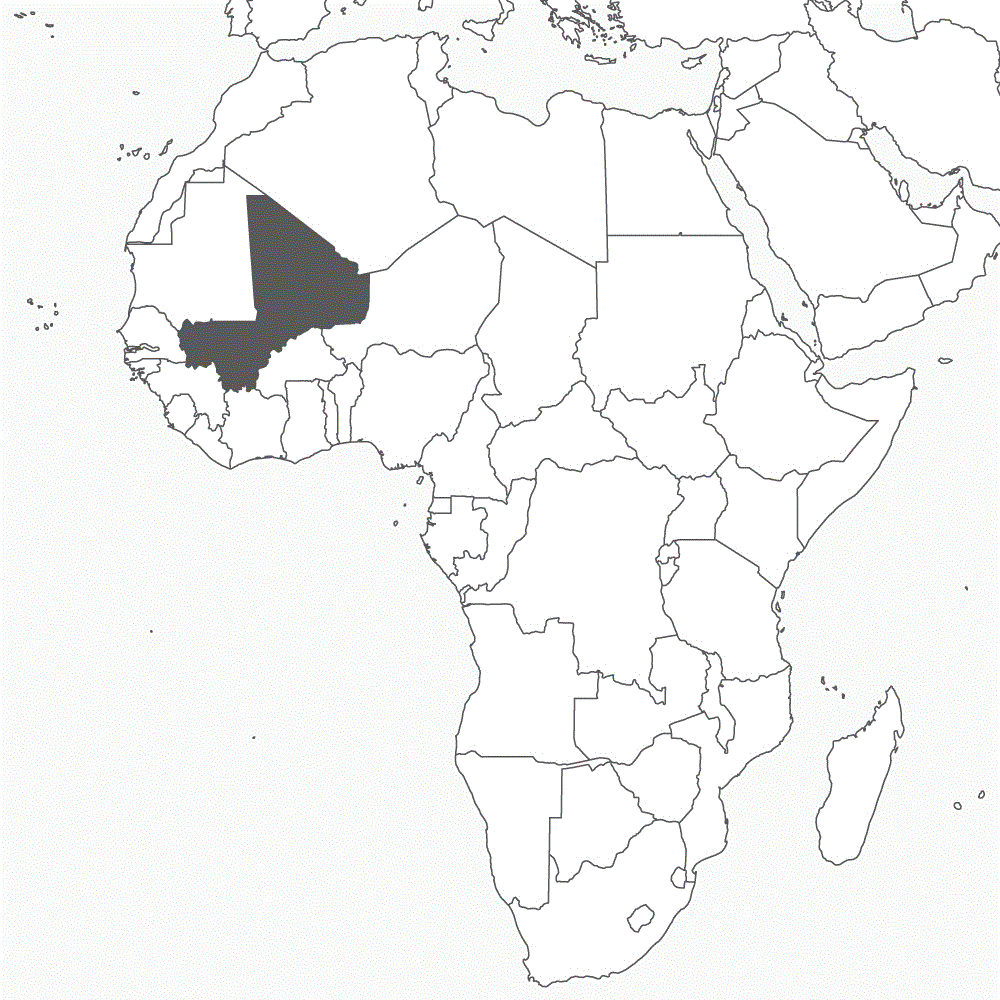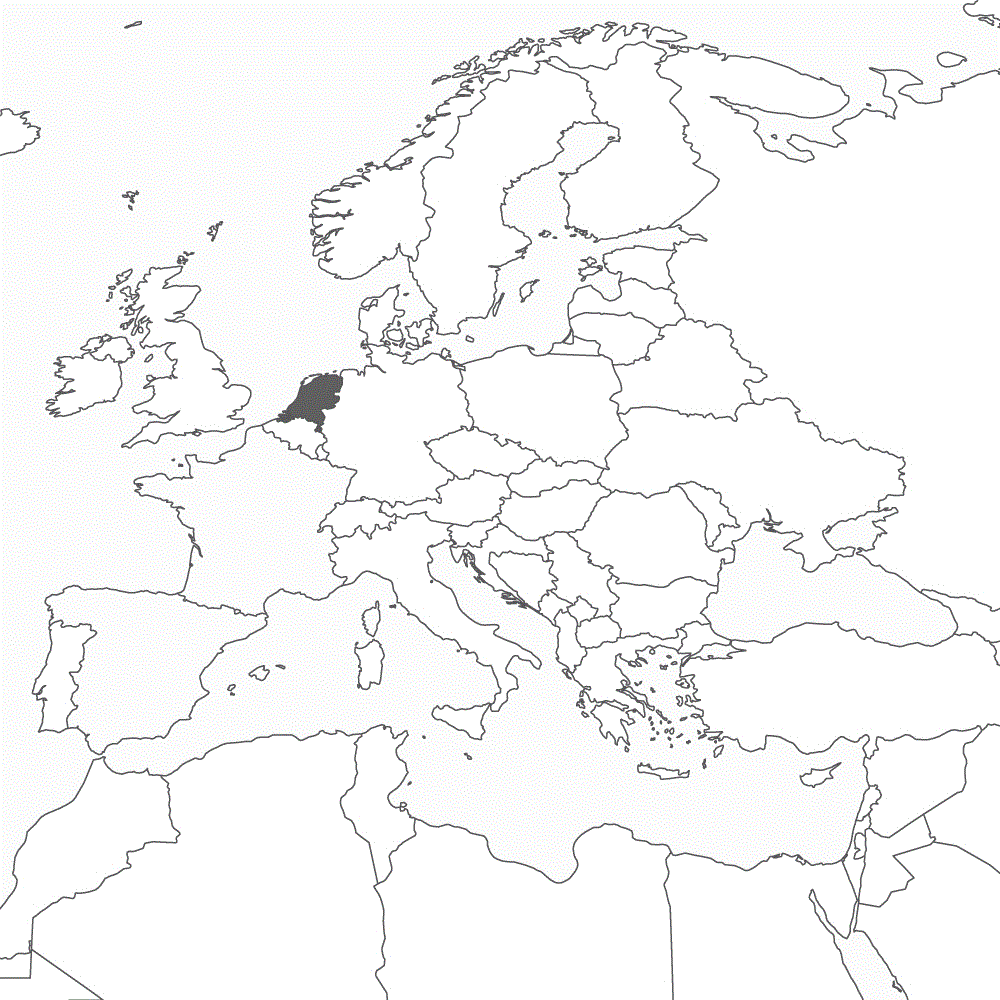Pandora’s Box (II)
EU responds to Russia’s attack on Ukraine with tough sanctions. Moscow reacts to NATO’s continued eastward expansion with war.
BERLIN/BRUSSELS/MOSCOW (Own report) – The EU is responding to Russia’s entering the war in Ukraine yesterday with a new package of sanctions. The EU’s package of sanctions, described as “comprehensive and painful,” is also aimed at blocking Russian banks and enterprises’ access to the EU capital market and drying up Russia’s high-tech sector. Simultaneously, NATO is, for the first time, activating its defense plans for Eastern Europe. This war is the second war of aggression by a major power against another nation in Europe since the end of the confrontation between the political systems. There are similarities to NATO’s war against Yugoslavia in the spring of 1999, the first war of aggression in violation of international law on the European continent, since World War II. The war against Ukraine is Russia’s third retaliatory strike against targeted pro-western provocations and against NATO’s persistent eastward expansion. This war was preceded by a comprehensive arms buildup and ongoing NATO maneuvers close to Russia’s borders and by the conflict over Ukraine’s potential NATO membership. Read more
Pandora’s Box
Berlin and Brussels escalate their power struggle against Russia with a new set of sanctions. Moscow can reference the Kosovo precedent in its policy toward Ukraine.
BERLIN/BRUSSELS/MOSCOW (Own report) – Berlin and the EU are reacting to Moscow’s recognition of the “People’s Republics” of Donetsk and Lugansk with grave accusations and a massive tightening of sanctions against Russia. Among other things, all 351 Members of the Duma, who had called on President Vladimir Putin to recognize the “People’s Republics,” are subject to EU-entry bans and a freezing of their assets. That there is no prospect of the Minsk Agreements ever being implemented is one of the explanations Moscow had given for its move. This accusation particularly concerns Berlin: The negotiations for the implementation of the agreement were largely under German direction. Even this weekend, a leading German daily called for continuing the negotiations, for the purpose of “binding” Russia, while not seriously seeking to implement the terms of the agreement. Moscow has recognized the “People’s Republics” using arguments that Berlin and NATO had used to impose Kosovo’s secession from Yugoslavia, against Belgrade’s will – setting a precedence that opened a Pandora’s box in Europe. Read more
The Ukraine and US Security Guarantees
The USA continues to insist that a Russian invasion of Ukraine is “imminent.” Experts repudiate this prediction. US security guarantees are proving ineffective.
BERLIN/KIEV/MOSCOW (Own report) – This weekend’s Munich Security Conference (MSC) was overshadowed by warnings that there will be war in Ukraine. “War is again threatening in Europe,” declared the German Chancellor Olaf Scholz; Germany’s Foreign Minister, Annalena Baerbock agreed and proclaimed that we are “facing a tangible danger of a military conflict in the midst of Europe.” The USA and Great Britain continue to allege that an invasion of Ukraine by Russian troops is “imminent”. Experts disagree. Nina Khruschcheva, a professor of International Affairs in New York, considers that the Biden administration has “a much greater interest than Putin in an invasion.” If they can delude Moscow into invading, they can then hope that President Vladimir Putin will be overthrown. Dmitri Trenin, Director of the Carnegie Moscow Center, also does not expect a Russian invasion and points to the fact that their refusal to provide military support to Ukraine leads to a weakening of the USA’s global position. Allegations that Russia is planning a false flag operation in East Ukraine have not materialized. Read more
“A Colonial Model”
Serious tensions overshadow EU-Africa Summit. EU states still refuse to lift vaccine patents. EU wants Africa as its hydrogen supplier.
BRUSSELS (Own report) – Serious disputes between the EU and the African Union (AU) are overshadowing the EU-Africa Summit, which begins tomorrow in Brussels. On the one hand, the African nations are protesting the European powers’ persistent refusal to at least temporarily lift patents for Covid-19 vaccines. South Africa’s President Cyril Ramaphosa recently accused the wealthy nations of the transatlantic West of imposing a “vaccine apartheid.” At the same time, nearly all of the EU countries – Germany included – are refusing to donate some of their unneeded special drawing rights (SDR) to Africa, which they had received from the IMF in August 2021. With these, African countries could have generated billions to help fight the pandemic. According to EU plans, African countries should instead become suppliers of “green” hydrogen, to help Europe achieve its energy transition. Resentment in Africa is growing toward the EU – which is generous with phraseology, but stingy with development aid. Africa is turning more toward other countries – China, Russia, or Turkey. Read more
NATO’s Deployment Areas
In the run-up to the Chancellor’s trip to Kiev and Moscow, government advisors point to violations of treaties by the West at Russia’s expense. Kiev questions warnings of a Russian invasion.
BERLIN/KIEV/MOSCOW (Own report) – Shortly before German Chancellor Olaf Scholz makes his trip to Kiev and Moscow, the Berlin-based German Institute for International and Security Affairs (SWP) recalls the West’s successive shifts in the European military balance of forces carried out at Russia’s expense. The SWP cites, for example, the blockage of the Agreement on Adaptation of the Treaty on Conventional Armed Forces in Europe (CFE Treaty), the disregard of the NATO-Russia Founding Act on Mutual Relations, Cooperation and Security already since 2007, as well as Europe’s first redrawing of borders since 1990, “subsequent to a previous use of force” – by the recognition of Kosovo in February 2008. Besides, the right of a free choice of alliance is to be seen in the context of subsequent norms, that “are binding on alliances as well.” These indications lend plausibility to Moscow’s current demands for an end to NATO’s eastward expansion. The chancellor’s trip will be overshadowed by various western states calling on their citizens to leave Ukraine, along with their pulling out embassy personnel – Germans, as well – and withdrawing military instructors. Ukrainian President Volodymyr Zelenskyy, questions US contentions of an imminent Russian invasion. Read more
Colonial Reflexes (II)
The decision to possibly end the Bundeswehr’s mission in Mali is imminent. Mali’s Prime Minister warned that his country can no longer be “enslaved.”
BAMAKO/PARIS/BERLIN (Own report) – The debate concerning terminating the Bundeswehr’s mission in Mali is gaining momentum. France wants to make its decision concerning how, or whether, it intends to continue to pursue its military intervention in this West African country by the end of the month. This was caused by the fact that the military government in Bamako refuses to continue to put up with the paternalism and high-handed attitude of its former colonial power and other European countries, and is openly defying them. Most recently, in reaction to serious accusations raised by France’s foreign minister, the French ambassador was expelled from the country and France’s Sahel policy sharply criticized. Mali cannot “be transformed into a slave,” declared Prime Minister Choquel Maïga, at the beginning of the week. “Those times are over.” German Minister of Defense Christine Lambrecht’s trip to Mali this week was canceled on short notice. Berlin is contemplating whether to discontinue the EU’s training mission, but continue participation in the UN’s MINUSMA mission. As a correspondent in Bamako reported, “many people” are “delighted” at the prospect of the EU troops withdrawal. Read more
The Greater Eurasian Partnership
Russia and China fortify their ties even stronger than ever against western aggression. Media warns against a “mega-east block”, which could “look down on the West.”
BERLIN/MOSCOW/BEIJING (Own report) – Germany and other western powers are reacting to the fortification of Russian-Chinese cooperation with plans for driving a wedge between the two countries and with a fierce media campaign. In a joint statement last Friday, Moscow and Beijing announced that they would significantly intensify their cooperation in the future. New “relations” between Russia and China would be “superior to political and military alliances of the Cold War era.” The Russian-Chinese cooperation also aims at repelling western aggression. Both sides will oppose further expansion of NATO as well as the deployment of US medium-range missiles in the vicinity of China. They seek to intensify their economic cooperation and, for example, to coordinate the Chinese New Silk Road with the Russian-led Eurasian Economic Union. German media commentators speak of a “new mega-east block”, which could “look down on the West” in the future. At the same time, the media campaign is heating up against the Winter Olympics in Beijing. Read more
Earthquakes rather than Russian Gas
Power struggle against Russia leads to long-term higher natural gas prices. Germany prevents the shutdown of natural gas field in the Netherlands in spite of the risk of earthquakes.
BERLIN/WASHINGTON/THE HAGUE (Own report) – The power struggle that the West is waging against Russia is provoking a long-term hike in natural gas prices in Germany as well as a tendency toward unreliable supplies. This results from the German government’s plans to rely more on liquefied gas imports in the future. Liquefied gas is more expensive than pipeline gas, and is also more unreliable, in the current situation. Liquefied gas tankers can be diverted to another destination at any time, if higher prices can be obtained. In addition, liquefied gas is “nearly as harmful to the climate as coal,“ an expert at Germany’s Federal Environment Agency explains. Industry representatives confirm that the Nord Stream 2 pipeline will still not be commissioned, even though it could remedy Germany’s current gas shortage, which is taking on serious proportions. Gas is more expensive than ever. Germany’s gas storage facilities’ levels are lower than they have ever been at this time of the year. The supply would collapse, if there were a cold spell for only a week. Berlin is insisting on importing gas from Groningen – preventing the shutdown of that gas field in spite of the risk of earthquakes. Read more
GERMAN-FOREIGN-POLICY.com
Information on German Foreign Policy: News + Interviews + Analyses + Background




